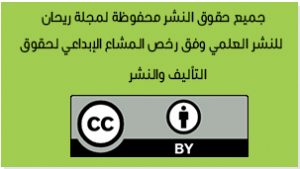الخلفية الاجتماعيّة، الاقتصاديّة والثقافيّة للمتدربين مهاريّاً في لبنان وفقاً لمدى إقبالهم على التّدريب
The spread of the concept of human development in the Arab world has been limited to self-development and workshops, diminishing its broader scope. To address this, an analytical study was conducted in Lebanon, examining the background of trainees and its influence on their engagement with skill training centers. The objective was to evaluate equal opportunities and understand the centers’ focus on specific groups.
Findings indicated a higher inclination among females, but males also underwent extensive training. The primary age group for aspiring trainees was youth and early adulthood. Lebanese individuals exhibited greater interest compared to other nationalities, with a majority belonging to the Sunni sect, followed by Shia sect members. The centers attracted participants with a university education and average economic status, often from families with an average or above-average economic background.
We concluded that these centers target specific social and economic classes or religious denominations over others. Some of them implement courses funded by international organizations, directed at specific age groups or demographics. In addition, the composition of these courses and their surrounding conditions prompt some entities over others to participate in them.
Keywords: Human Development, Self-Empowerment, Self-Development and Skills Training.
Dr. Roukaya BAYTIEH, PhD in sociology, Doctoral School of Literature, Humanities & Social Sciences, Lebanese University, Beirut – LEBANON
 مجلة ريحان للنشر العلمي مجلة علمية، محكمة، شهرية، مفتوحة الوصول
مجلة ريحان للنشر العلمي مجلة علمية، محكمة، شهرية، مفتوحة الوصول
